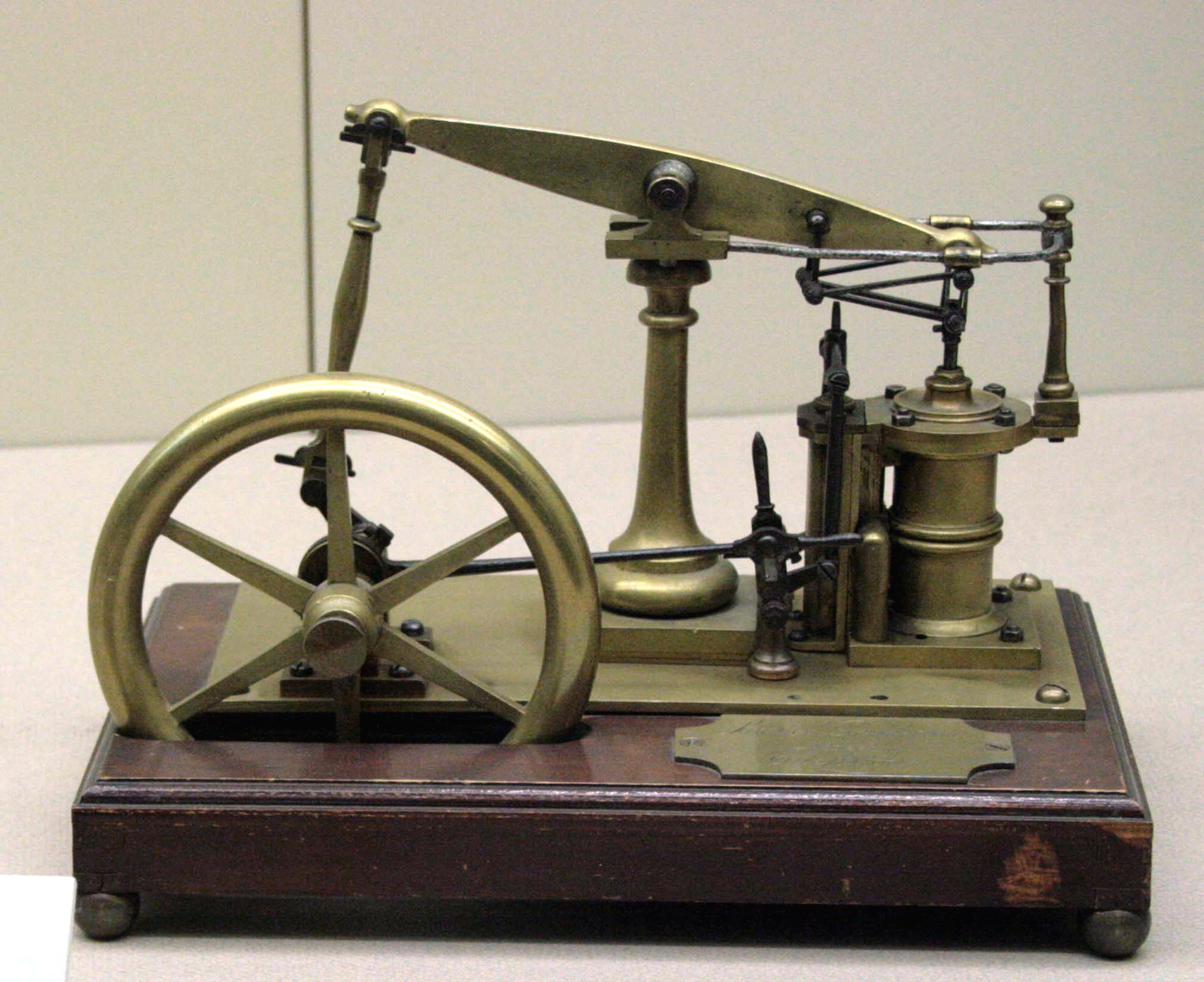John Michael Greer is a prolific author of both
fiction and non-fiction with a “Green” and “pessimistic” slant, when he isn't
busy writing more interesting works about the esoteric and the supernatural.
“Retrotopia” is his latest novel and belongs to the former category of works. I
haven't read the actual novel, but I did read an extensive serialized draft
published on the author's blog The Archdruid Report.
It's not entirely clear whether “Retrotopia” is set in the same in-story universe as “Star's Reach”, another post-apocalyptic Greer novel, but perhaps it doesn't matter, since the two novels are chronologically far apart. While “Star's Reach” is set in a distant future where climate change has remade the entire North American landmass, “Retrotopia” only takes us forward to the year 2065. The United States have fallen apart after a series of brutal civil wars, while Brazil and China have emerged as the new great powers. Modern technology still functions (there are oil fields and Brazil even has a satellite), but has become increasingly more difficult to sustain. The main character of the story, Peter Carr, comes from the Atlantic Republic on the North American East Coast. The Republic looks pretty much like the United States circa 2017, except that the slums are much larger since all resources are used to prop up increasingly anachronistic skyscrapers, highways, industrial farming and Internet connections only of use to the elite. Carr's mission is to visit the mysterious Lakeland Republic in the Midwest, which has long been closed to foreigners.
“Retrotopia” doesn't really have a plot in the strict sense, but is rather an extensive description of Lakeland, which turns out to be a utopian society modeled more or less exactly on the political and philosophical musings of a certain Archdruid named John Michael Greer. In other words, “Retrotopia” is Greer's political manifesto written in the form of a nominal novel. Nothing wrong with that, but if you expect action (a few such angles *did* come to my mind reading the draft), you will be disappointed. Of course, like most utopian novels, “Retrotopia” is to a large extent about the present rather than the future – all parody of the current state of affairs is intentional!
What will strike most readers about the Lakeland Republic is its highly eclectic character. The economy seems Schumacher-inspired. It's not outright socialist, but it is Green and strongly regulated, with a certain anti-technological/anti-profit edge. If you want fiber Internet, you (and nobody else) gonna pay in higher taxes! Despite the tight regulations, democracy flourishes with a multi-party system and, if I recall correctly, a European-style parliamentary system. The most surprising part of Lakeland is the population's liberal values. The population is multi-racial, the president is Black, same-sex marriages are both legal and socially accepted, and there is almost complete religious freedom. Since Lakeland is described as a closed society on the far side of a civil war and a refugee crisis, constantly threatened by military attack from stronger neighbors, the permissive social values look pretty weird. As you might imagine, there have been some interesting debates about this and other aspects of “Retrotopia” at the author's blog. Other points are somewhat more realistic. Most utopian societies are described as 100% perfect and ordered. Lakeland, by contrast, does have non-utopian features. Large parts of the countryside seem rather poor, there are millionaires and posh quarters in the capital city, and the republic is home to several competing political factions. Also, Lakeland isn't entirely self-sufficient and does need to trade with the outside world.
An interesting trait of Greer's retrotopian society is that it isn't *entirely* anti-technological. Rather, it attempts to use technology in a somewhat eclectic fashion. Greer, who is an omnivorous reader, has noted the existence of a large number of “forgotten technologies”, including some developed by “crazy scientists” in their basement laboratories. If they are cheaper than the high tech of the Atlantic Republic mega-golem, the Lakelanders gladly put them to use. One such technology is the maser, apparently an alternative version of the laser. In Lakeland, cheap masers are used to fight enemy drones and at least in the draft version, it was implied that they could be used to down enemy satellites, too, giving the retrotopians potential access to a doomsday weapon (or perhaps this was a suggestion during one of the discussions, I don't really remember). The idea that you can somehow pick and choose which technologies you like, and discard the rest, is extremely controversial and often considered downright immoral, so I expect some controversy over Greer's masers…
It feels somewhat foolish to criticize “Retrotopia” for being, well, utopian, but the story does give an unrealistic impression, despite the author's best attempts. Even if we assume that something like Lakeland could be created, it's difficult to see how the new Midwest state could possibly survive surrounded by hostile neighbors, including two bellicose nations in the South, the pseudo-imperialist Atlantic Republic (which still fancies itself a great power) and the “fabulously corrupt city-state of Chicago”, which is surrounded on all sides by Lakeland territory, something I suspect Capone Mark 2065 might not fancy too much. One also suspects that China and Brazil, which have apparently taken over the IMF and the UN, might have something to say about the matter...
It's probably a good thing that all able-bodied men in Lakeland serve in the militia and practice at regular drone shooting competitions!
That being said, if you like utopias – or even more if you're sick of them – you might find John Michael Greer's version interesting, even intriguing. I therefore give this story three stars (the OK rating).

No comments:
Post a Comment